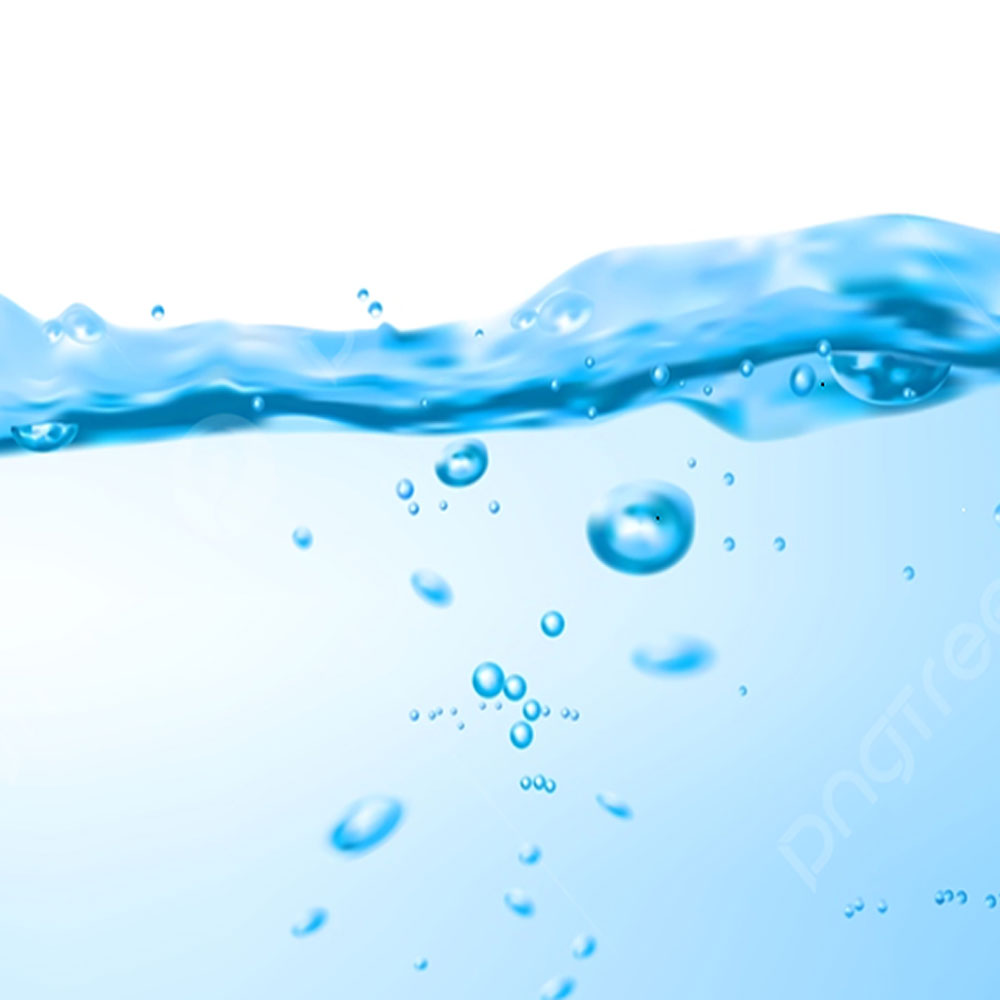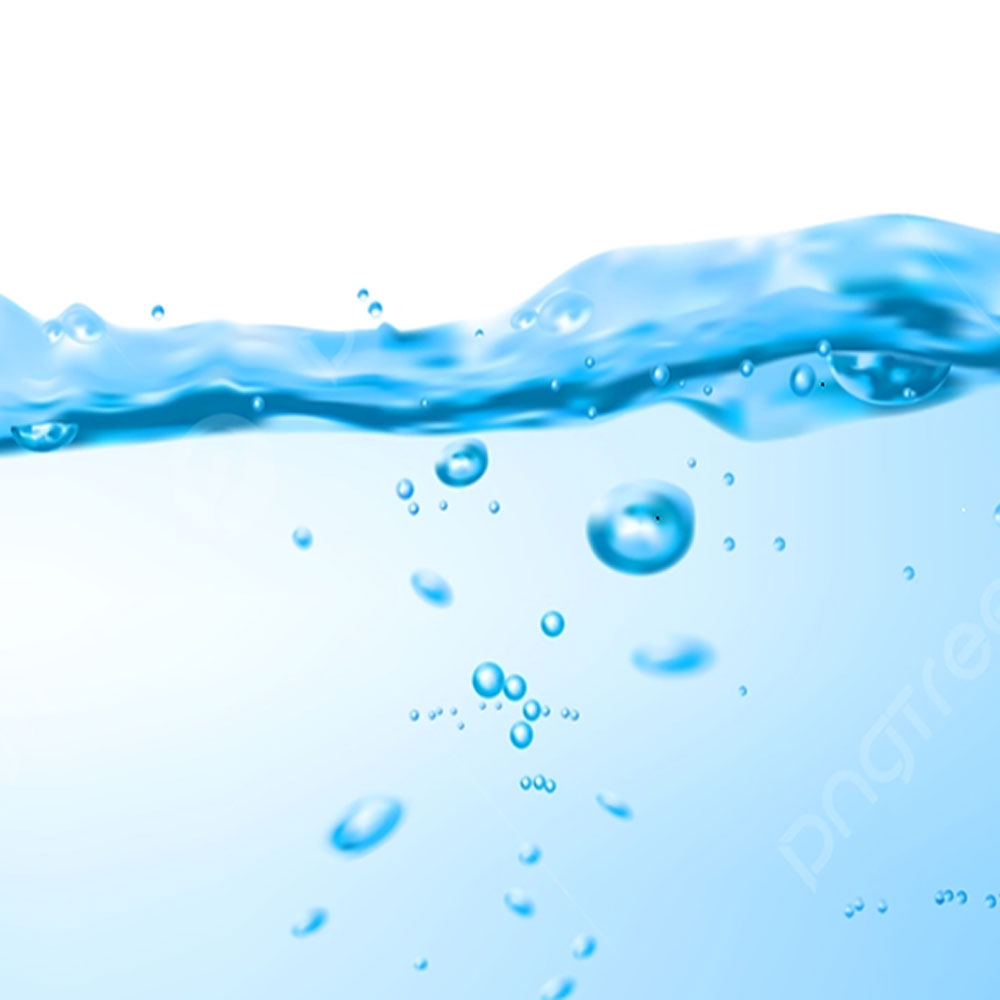Introduction

서울시립대학교 용폐수처리·물순환 연구실
서울시립대학교 용폐수처리·물순환 연구실
“Water&Wastewater Treatment· Water Cycle Laboratory”
서울시립대학교 용폐수처리·물순환 연구실(Water&Wastewater Treatment·Water Cycle Laboratory)에서는 용수 및 폐수처리를 위한 오염물질 제거기작, 공정개발 및 물순환 연구를 수행하고 있다. 먹는물은 보다 안전하고 고품질로 처리하여 시민에게 신뢰받게 하고 폐수는 보다 맑고 무해하게 처리하여 하천에 방류하거나 재이용될 수 있도록 한다.
도메인 수처기술로 응집, 침전, 여과, 분리막, 고도산화, 활성탄 흡착, 소독, 활성슬러지, 혐기성 소화에 관한 연구를 수행한다. 디지털 융합기술로서 센서와 빅데이터 활용기반 펌프 운영 스케쥴링, 수처리 단위공정 최적화 등 에너지 절감에 관한 연구를 수행하고 있으며 하수고도처리 모델링을 통한 공정제어, 방류수 수질 예측 및 온실가스 거동을 추적함으로서 수처리기술의 디지털화 및 탄소 중립에 기여하고자 한다.
저희 용폐수처리·물순환 연구실은 1974년 우리대학 환경공학과에서 육성시킨 정통 수처리기술의 명맥을 유지하기 위하여 실험실 및 파일럿 규모의 수처리 실험을 지속하여 수처리기술의 발전에 기여하고자 하며 디지털 융합시대에 부응하여 디지털, 바이오 및 소재 기술과의 접목하는 연구에 도전하고 있다.

서울시립대학교 용폐수처리·물순환 연구실
서울시립대학교 용폐수처리·물순환 연구실
“Water&Wastewater Treatment· Water Cycle Laboratory”
Water&Wastewater Treatment· Water Cycle Lab. in the University of Seoul, conducts research on pollutant removal mechanisms, process development, and water circulation for water and wastewater treatment. Drinking water shall be treated with safer and higher quality to be trusted by citizens, and wastewater shall be treated clearer and more harmless so that it can be discharged or reused in rivers. Research is conducted on aggregation, precipitation, filtration, separation membrane, high oxidation, activated carbon adsorption, disinfection, activated sludge, and anaerobic digestion with domain hydration technology. As a digital convergence technology, we are conducting research on energy saving such as scheduling the operation of sensors and big data pumps and optimizing the water treatment unit process. It aims to contribute to digitalization and carbon neutrality of water treatment technology by tracking the water discharge water quality and greenhouse gas behavior through sewage treatment modeling. In order to maintain the authentic water treatment technology fostered by our university's Department of Environmental Engineering in 1974, our wastewater treatment laboratory and pilot-scale water treatment experiments are continuing to contribute to the development of water treatment technology.

